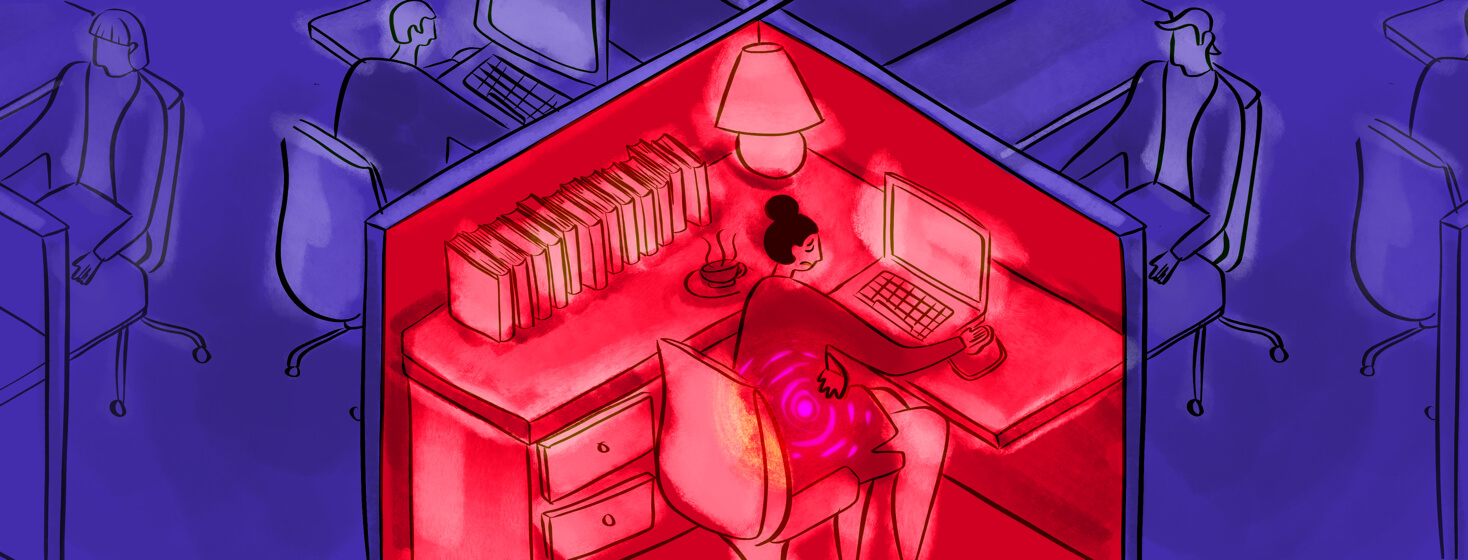The SILENT Disability
My name is Sam Adeyinka, and I have sickle cell anemia. A lot of people may not be aware of what that means. A lot of people may not understand. A lot of people may have never heard of this “silent disability.” This is why this article is being written. I am here to tell you and share a glimpse of my life with you through the eyes of an individual with sickle cell.
Diagnosed with sickle cell
There are many different types of sickle cell. Out of the many that are out there, the most common include sickle cell anemia, sickle hemoglobin-C, sickle beta-plus thalassemia, and sickle beta-zero thalassemia. The type that I was diagnosed with was sickle cell anemia, which I was diagnosed with after birth.
A few short weeks after being born, my dad told me that I was crying profusely for hours and my parents had no idea why. I was only a few weeks old and so innocent. My parents had no idea what to do. They only knew that something was wrong with me and I was suffering. When they took me to the hospital, tests were run and I was diagnosed with sickle cell.
Experiencing complications
The complications that I had when I was only a few weeks old as a baby are the same complications that I face today. These complications include severe episodes of pain in the bones and joints. The pain can last hours or even days depending on the individual. Those who have sickle cell and experience these problematic painful episodes call this a sickle cell crisis. Having a sickle cell crisis is a painful and indescribable feeling.
I honestly would not wish that feeling on my worst enemy because the pain that comes with it is so severe. At times you may wonder to yourself, “What did I do to deserve this?” If you know someone with sickle cell who is experiencing a sickle cell crisis, please take them to the hospital immediately.
In addition to sickle cell crisis, other complications can include: a significant reduction in the hemoglobin; fatigue from lack of red blood cells; frequent infections due to a damaged spleen; and jaundice in the eyes whereby your eyes turn an off-white/yellow color due to lack of hydration.
Preventing complications with sickle cell
With sickle cell, the best way to prevent yourself from falling ill is to know your body. Typically, everybody knows how their own body functions and what they can and cannot tolerate. It is the same with having sickle cell.
If you do not listen to your body, sickle cell will consume you. In order to avoid the unbearable pain that sickle cell causes, you should go see your doctor if you may be experiencing a fever, if you are experiencing unexplained painful episodes, if you notice flare-ups, or swelling in your hands and feet. These are typical examples of a sickle cell build-up.
Prevention is better than a cure
As a child, I was always taught that prevention is better than cure. I never knew what that meant. However, growing up with sickle cell, I realized the meaning very quickly. In essence, it is better to prevent an ongoing sickle cell crisis than to cure it when it has already happened. Planning ahead and preparing is the best prevention that one can have against sickle cell crises. After all, if you stay ready, you never have to get ready.

Join the conversation